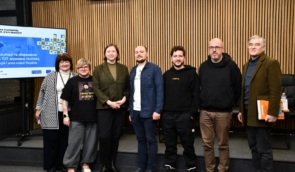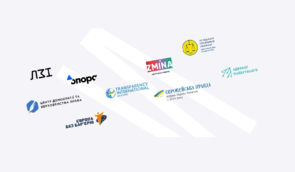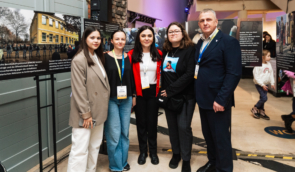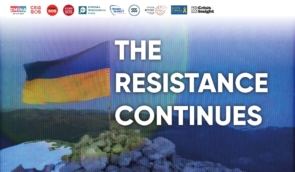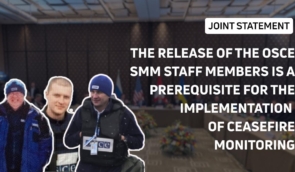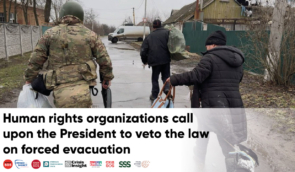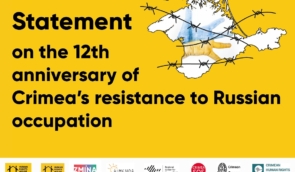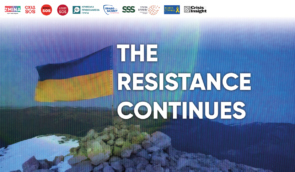This is our chance to protect the rights of LGBTIQ+ people: ZMINA and Hromadske Radio brought together experts to discuss Draft Law No. 13597
On 30 September 2025, the Human Rights Centre ZMINA, together with Hromadske Radio’s project “Someone Loves Someone”, held a public discussion entitled “Half a Step to Equality: Draft Law No. 13597 and Strengthening Liability for Discrimination against LGBTQI+. Will the Next Attempt Be Successful?”.
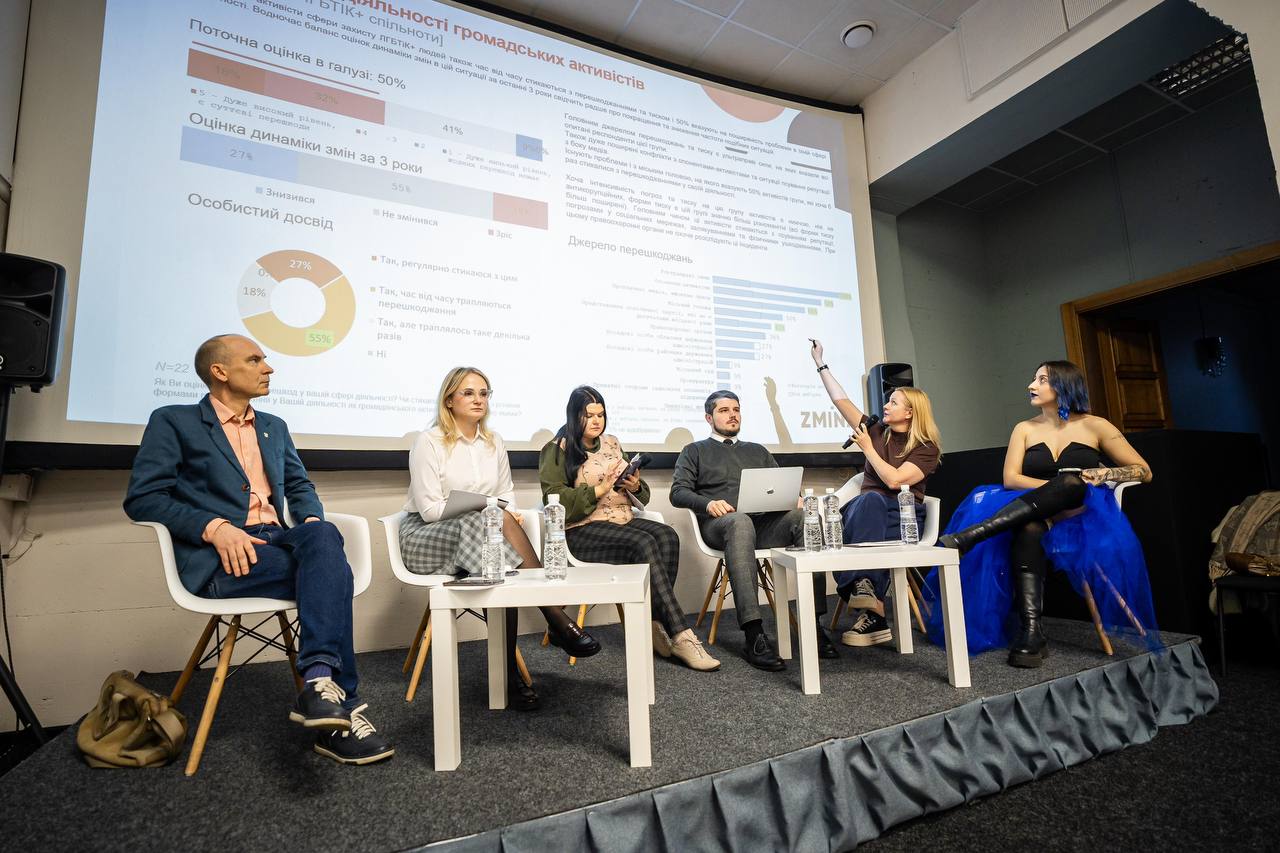
Participants discussed the status of LGBTQI+ rights in Ukraine, the safety of activists, and necessary legislative changes.
The main topics of the discussion were:
- Threats and attacks against the LGBTIQ+ community and the results of monitoring such attacks;
- Investigations of crimes and preventive actions by the police;
- European standards of equality and recommendations of the European Commission against Racism and Intolerance;
- Draft Law No. 13597, which is to replace the previous No. 5488 and become a step towards protection from persecution and discrimination.
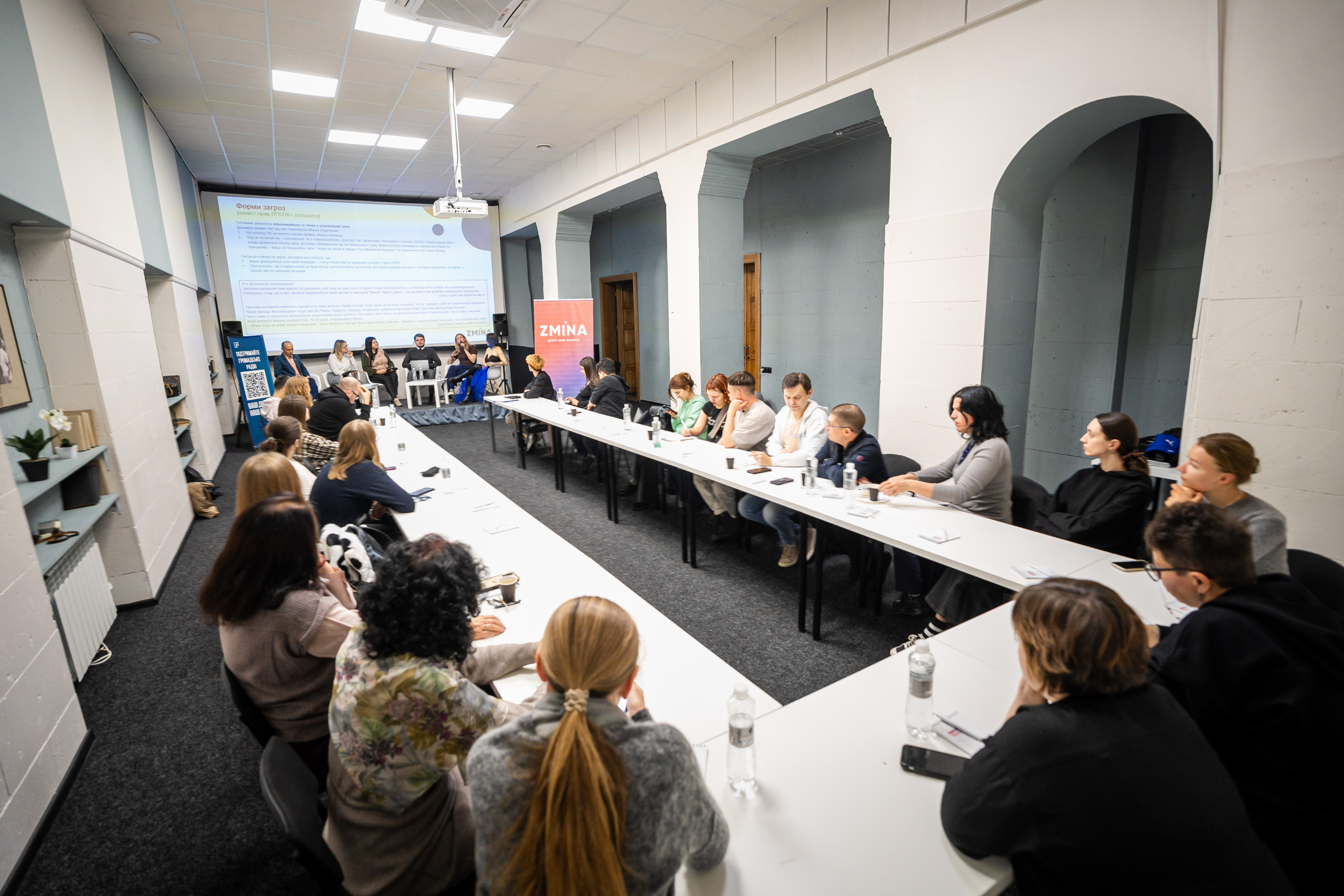
Alena Osypova, Sociologist of the Centre for Qualitative Research, presented the results of a study on the conditions in which civil society activists work in Ukraine. According to the data, almost half of the respondents assess the level of threats to their activities as high. The LGBTQI+ community remains particularly vulnerable: 50% of activists regularly face pressure and obstacles. The main sources of danger for them are far-right groups, whose activity has intensified again after 2024.
The most common forms of pressure are discrediting, threats, online harassment, and disruption of public events. At the same time, state institutions demonstrate low efficiency in investigating such incidents, forcing activists to rely primarily on media coverage, coalition cooperation, and support from international organisations.
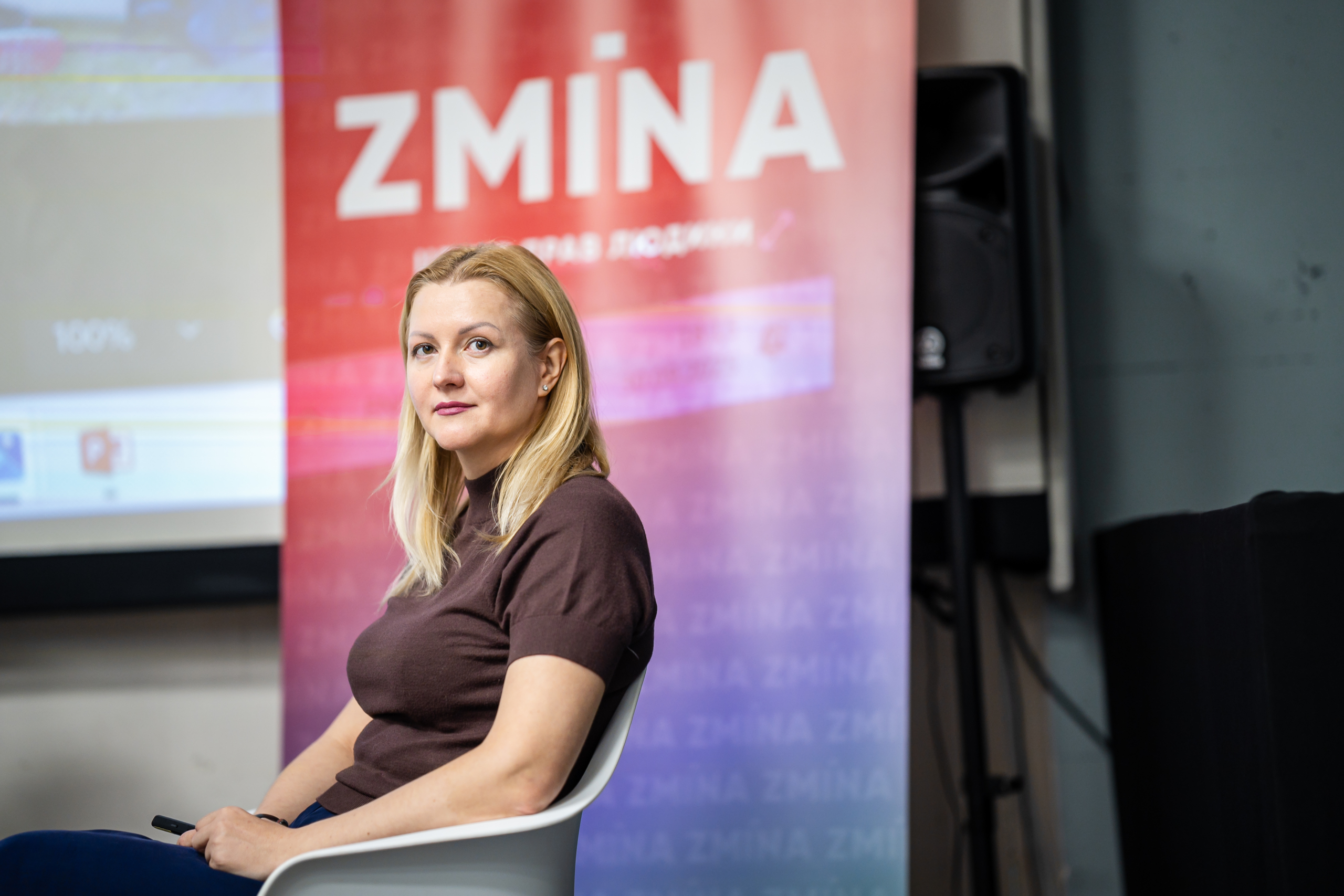 Alena Osypova
Alena OsypovaAndrii Kravchuk, Advocacy Expert of the LGBT Human Rights Nash Svit Center emphasised that the adoption of Draft Law No. 13597 could become a real tool for protecting LGBTIQ+ people, but only if it is properly implemented and there is political will.
He also spoke about trends in hate crimes and problems with investigating them in Ukraine. According to him, most recorded cases fall into two categories: domestic conflicts related to personal negative attitudes towards LGBT people, and targeted attacks by far-right groups on events or activists.
“Our monitoring shows that violations of LGBT rights reached their peak in 2018, after which we observed a gradual decline. In 2020, this decline was sharp due to the COVID-19 pandemic, but the trend has continued even after the start of the full-scale invasion. At the same time, in 2024, we recorded a new increase in incidents. This can be explained by a change in public attitudes: in recent years, the number of Ukrainians who have a positive or indifferent attitude towards LGBT people has increased significantly, while negative attitudes have decreased,” Kravchuk noted.
Advocacy Expert of the LGBT Human Rights Nash Svit Center emphasised that the current Article 161 of the Criminal Code, which punishes discrimination and incitement to hatred, remains virtually ineffective in practice: “Over the years, there has been only one precedent when it was applied in a case involving an attack on a transgender soldier in Lviv. And even in this case, the classification raised doubts“.
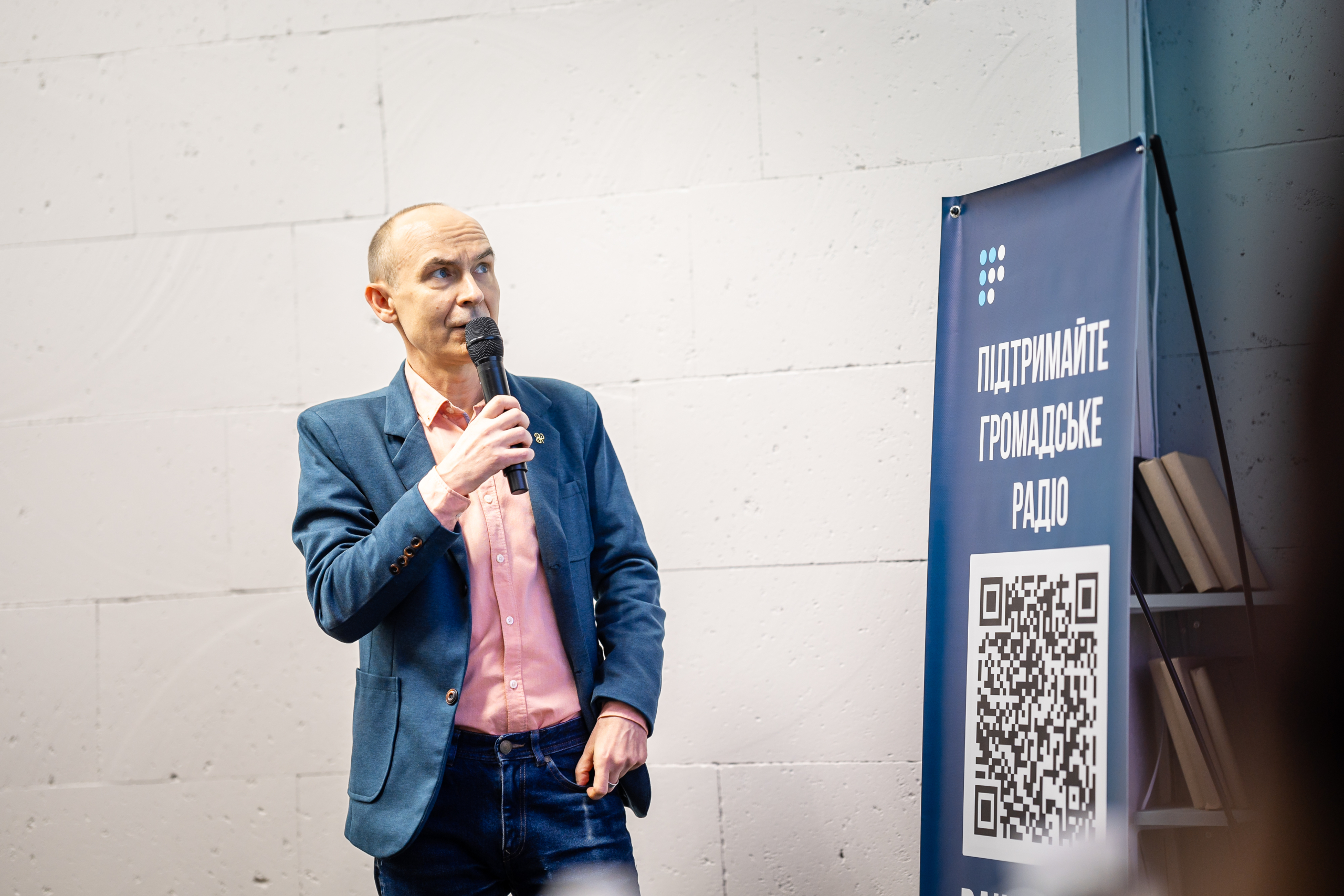 Andrii Kravchuk
Andrii KravchukAccording to the expert, Draft Law No. 13597 could significantly change the situation. In particular, it provides for the inclusion of sexual orientation and gender identity in the list of protected characteristics, the criminalisation of public calls for violence motivated by intolerance, and the introduction of administrative liability for discrimination.
“This will allow the police and prosecutors to independently initiate investigations into hate crimes without a statement from the victims and bring Ukrainian legislation closer to the standards of the Council of Europe and the practice of the ECtHR,” Kravchuk concluded.
Mykyta Burov, Assistant to MP Nelli Yakovlieva, Lawyer, and Consultant to the LGBT Consortium, discussed the fate of the draft law and gave his prediction as to when it will be adopted.
He explained that the previous government draft law No. 5488, registered in 2021, was withdrawn after the change of government, and was replaced by an updated Draft Law No. 13597, which includes improved provisions and amendments to the Code of Ukraine on Administrative Offences, the Criminal Code and the Criminal Procedure Code.
Burov emphasised that thanks to the efforts of MPs and communication with international partners, there is now a specific team of more than 30 parliamentarians who can be contacted to monitor the status of the draft law. He also stressed the importance of a coordinated advocacy strategy among civil society organisations to maximise the impact on the draft law, and warned against the risk of losing key provisions on gender identity and sexual orientation between the first and second readings.
According to him, the experience with Draft Law No. 5488 showed that even government initiatives can be withdrawn, but they serve as an advocacy tool and a preparatory stage for new versions of draft laws.
“The previous draft law fulfilled its mission, and a more refined text has replaced it,” said Burov, concluding that the success of legislative initiatives depends not only on the text of the law, but also on advocacy, cooperation with parliamentarians, state bodies, the media and international partners. Systematic work at all these levels ensures the effective protection of the rights of LGBTIQ+ and other minorities in Ukraine.
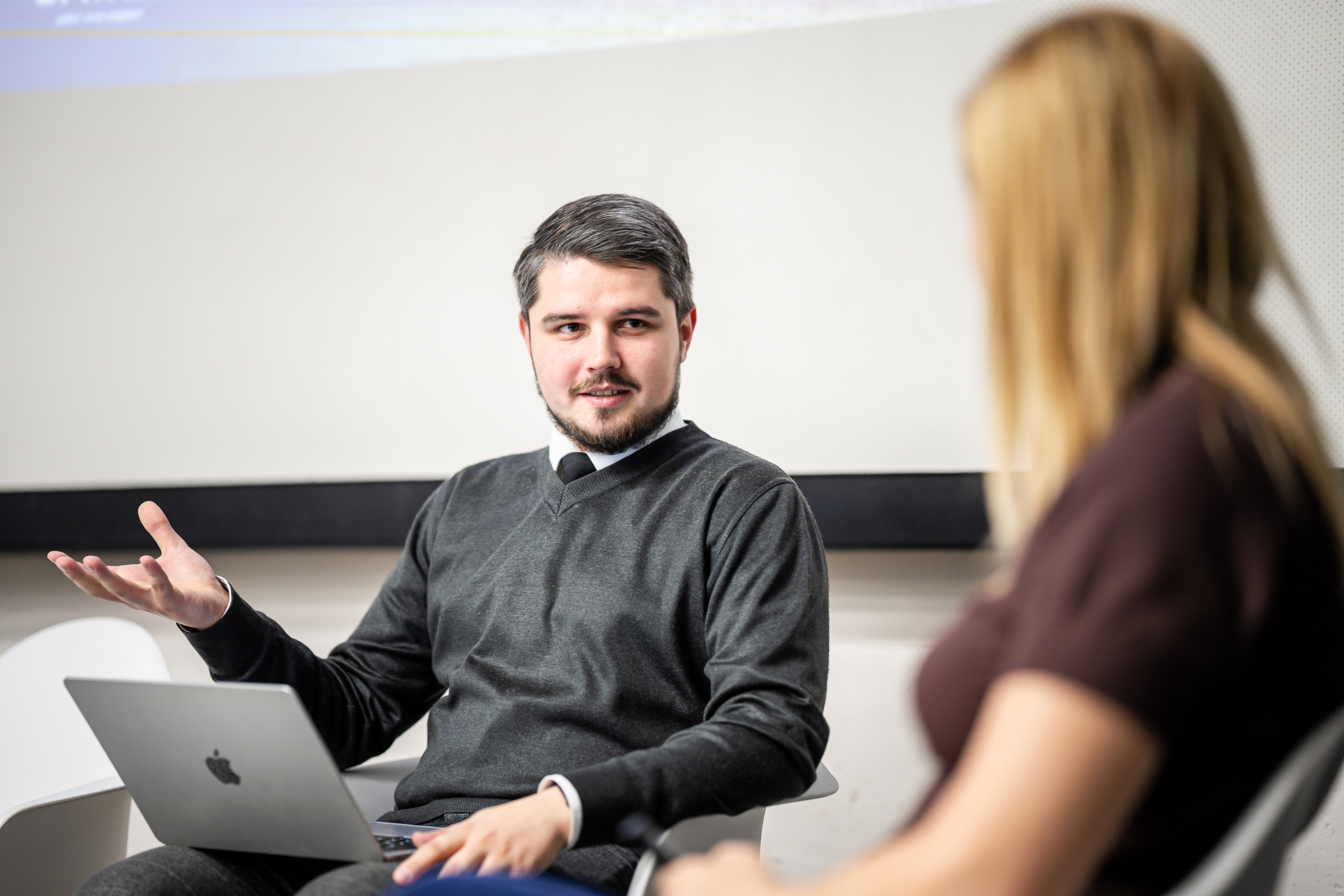 Mykyta Burov
Mykyta BurovAnastasiia Paliukh, Project Manager of the Council of Europe Office in Ukraine, spoke about European standards of equality and the need to adapt Ukrainian legislation to the requirements of the Council of Europe.
She shared the Council of Europe’s experience in preventing hate crimes and noted that the Council of Europe welcomes the draft law and has been actively involved in developing the roadmap, in particular Chapter 23, which provides for the protection of LGBTIQ+ rights and the creation of a civil partnership institution.
The project manager of the Council of Europe office in Ukraine emphasised that Council of Europe experts participated in working groups on the introduction of the term “hate speech” into Ukrainian legislation, as its absence creates legal conflicts.
Anastasiia Paliukh emphasised the importance of practical work with law enforcement agencies: conducting training for the police and national minorities, creating platforms for dialogue between the police and communities, and providing support to the media in countering hate speech. Anastasiia paid particular attention to national minorities, especially Roma, and noted that currently, very few media outlets operate in the Romani language, and it is important to develop such initiatives.
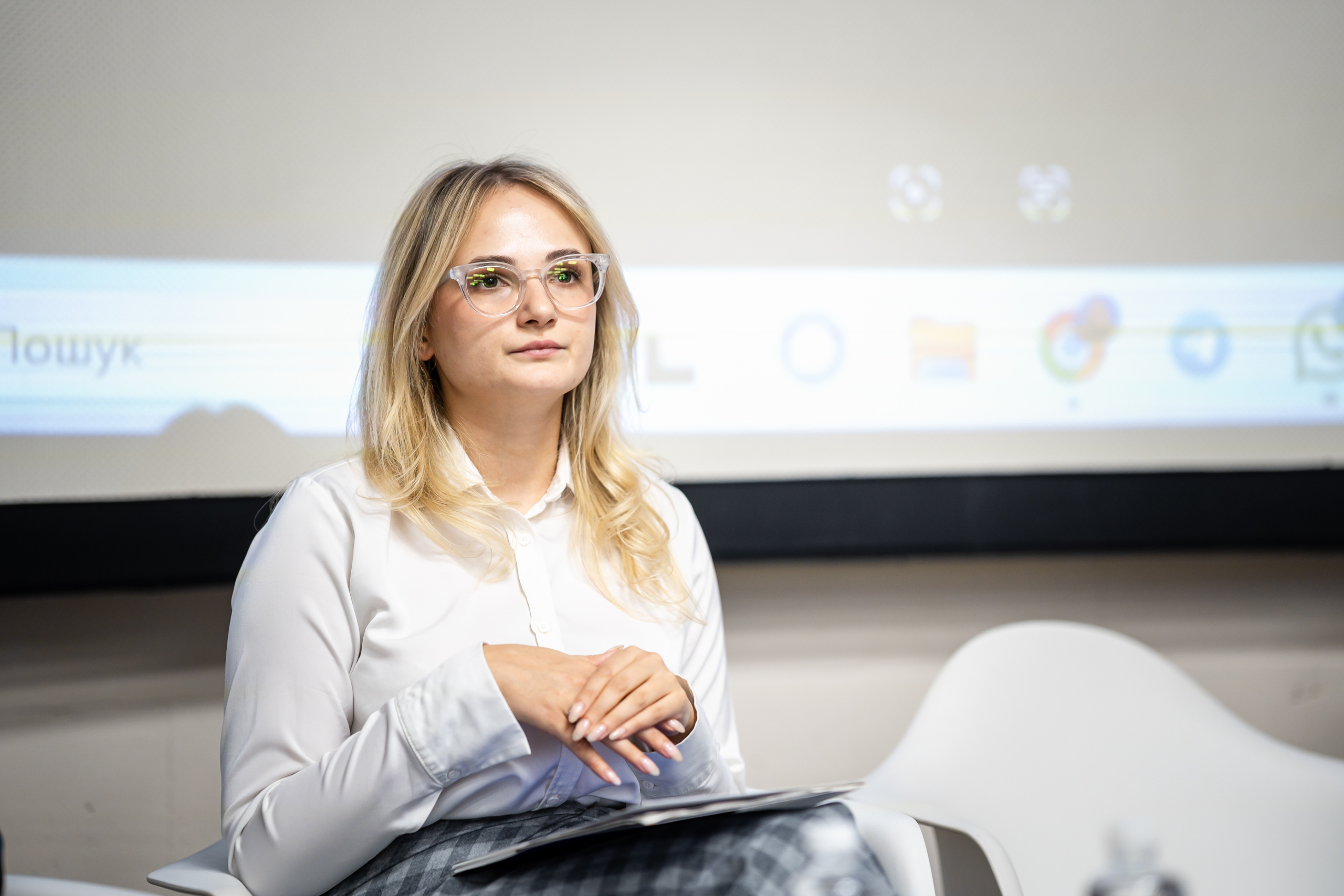 Anastasiia Paliukh
Anastasiia PaliukhAna More, Author and Host of the programme “Someone Loves Someone“, also joined the event, adding to the discussion with specific examples that illustrate the problems in practice. She mentioned the case of a transgender soldier supported by lawyer Oksana Hus and emphasised that real success depended on the victim’s social capital and media support. She also talked about the attack on activists during the Women’s March in 2020, when the police barely communicated with the victims after the first day, and the case dragged on for years.
Ana emphasised that ratifying the Istanbul Convention and having laws in place is only the first step. Effective protection requires changes in subordinate legislation, codes and law enforcement structures.
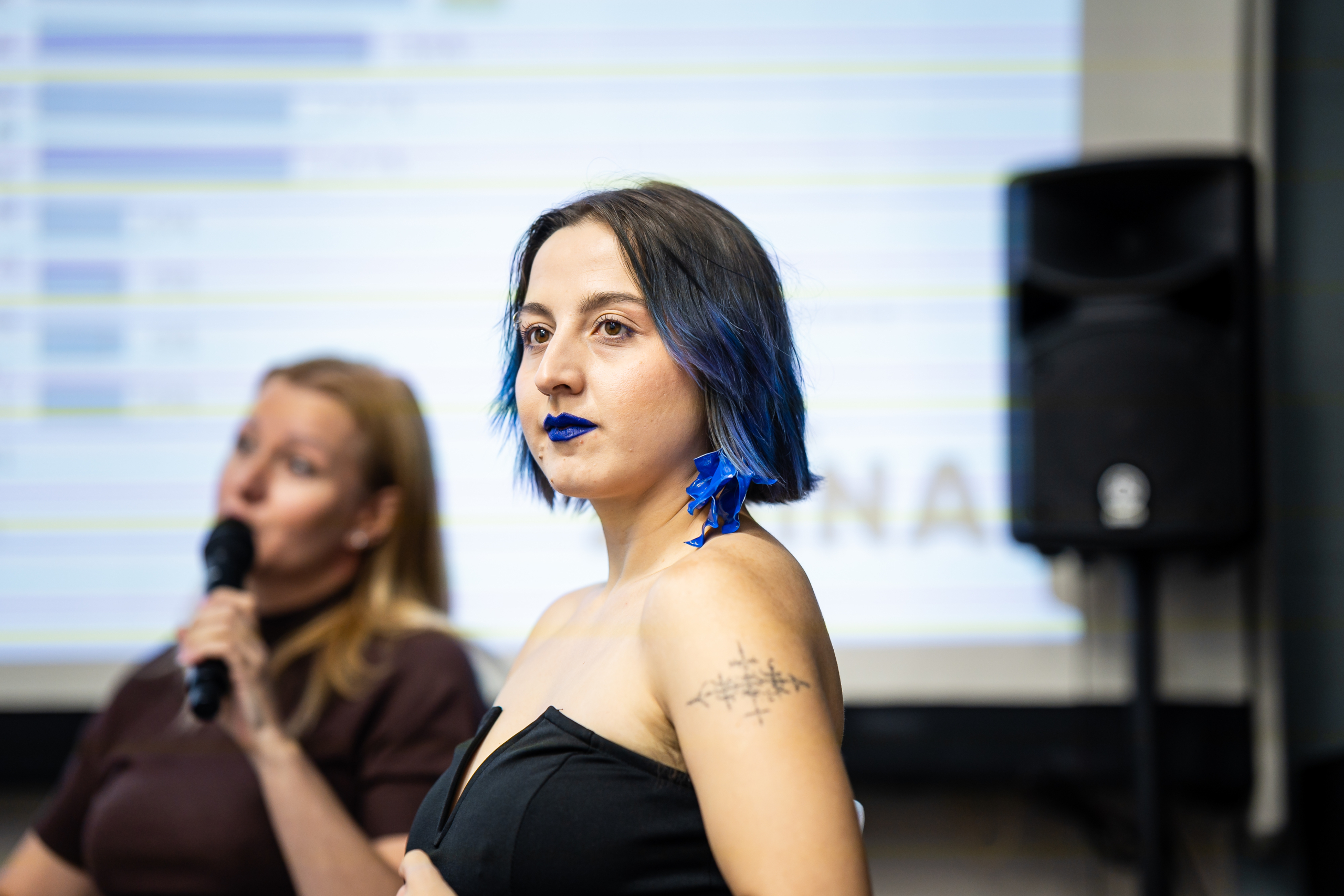 Ana More
Ana MoreShe also spoke about her experience of training Ukrainian law enforcement officers with Norwegian police officers, who demonstrated methods of investigating hate crimes. In Ukraine, however, police officers often do not understand the benefits of fully registering such crimes and continue to work on the principle of “fewer registrations, more investigations”.
These examples clearly show that combating crimes motivated by intolerance requires not only legislative changes, but also systematic work by law enforcement agencies and ongoing support for victims.
The moderator of the meeting was Iryna Yuzyk, Human Rights Defender and Project Manager of the Human Rights Centre ZMINA.
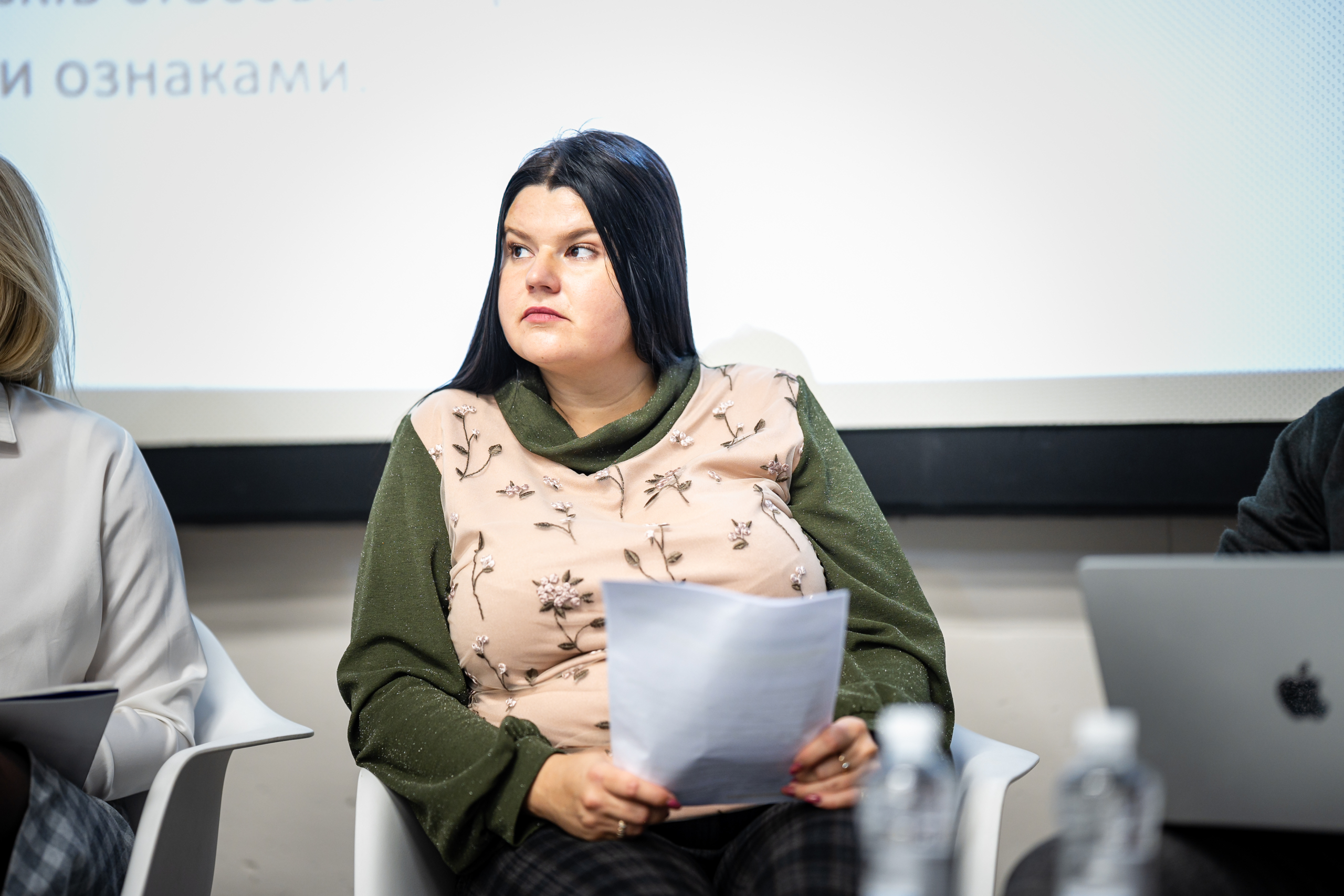 Iryna Yuzyk
Iryna YuzykThe event was organised by the Human Rights Centre ZMINA together with Hromadske Radio as part of the new season of the project “Someone Loves Someone” — a space where myths about LGBTIQ+ people in Ukraine are debunked and their personal stories are told.
Photo credit: Artem Halkin
If you have found a spelling error, please, notify us by selecting that text and pressing Ctrl+Enter.

